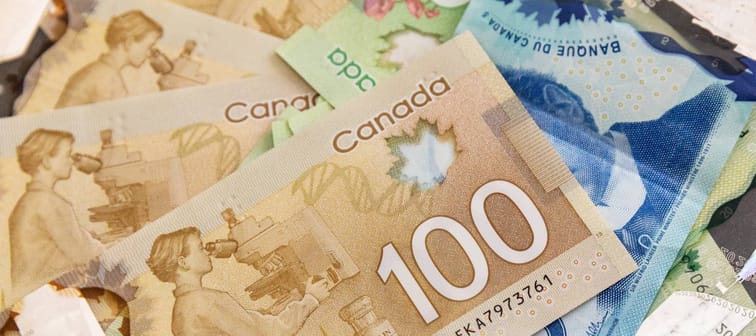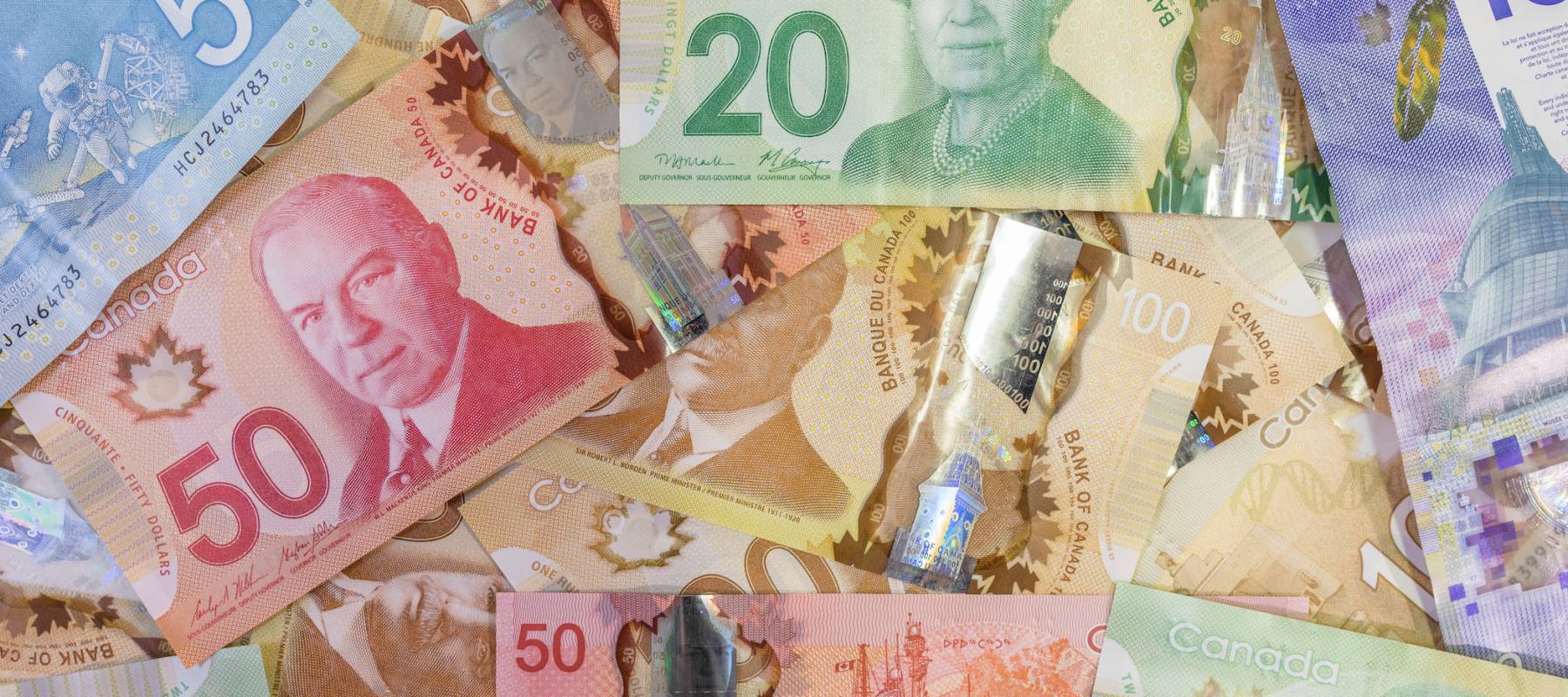Park your money in the right place

Chequing accounts are great for a lot of things, but storing your savings isn’t one of them. Most chequing accounts pay minuscule amounts of interest — often as low as 0.01% — if they pay anything at all.
You’d be much better off putting your money in a high-interest savings account, where it will have the chance to collect significant interest and grow over time.
A lot of the big banks have lowered the rates on their high-interest accounts since the pandemic hit, but if you shop around online you can still find decent rates that will pay dividends.
For example, one of Canada’s highest-earning savings accounts will bring in up to 1.70% interest on every dollar you save. That’s 170 times better than a chequing account with a 0.01% annual percentage yield (APY).
Let’s say you use your savings to create an emergency fund, which experts say should cover at least six months’ worth of your regular expenses.
If you put $9,000 — enough to cover $1,500 a month for six months — into a high-interest account at 1.70%, you’ll earn $153 in interest over the course of a year. And if you leave it in a regular chequing account at 0.01%? You’ll make less than a dollar.
Empower Your Investments with Q Trade
Discover Q Trade's award-winning platform and take control of your financial future. With user-friendly tools, expert insights, and low fees, investing has never been easier.
Start Trading TodayClear your debt without dumping your cash

If your emergency fund is all shored up and you still have some savings left over, consider taking this opportunity to pay down any outstanding debts you have, like high-interest credit card balances.
If you still have high-interest debt remaining — or you’d rather hold on to your cash — you can also reduce your burden with a personal consolidation loan.
By using a new, low-interest loan to pay off all of your old, high-interest debts, you can save hundreds of dollars in interest, trim months off your debt and hang on to your savings in case you need them down the road.
A number of free services can match you with a debt consolidation loan in just a few minutes.
You’ll be able to pay off all of your high-interest credit cards immediately, and moving forward you’ll only have one monthly payment to keep track of.
Ease your way into investing

Perhaps the most effective way to maximize your extra money during the pandemic is to invest a portion of your savings in the stock market.
There are now apps similar to Robinhood in Canada — ones that don't charge you commission on trades.
If you’ve never tried your hand at investing before, you might feel a bit intimidated by the risk factor, particularly during such an uncertain time for the economy.
However, these days you can rely on automated investing tools called robo-advisors to make the hard decisions for you and minimize your risk.
Robo-advisors will match you with a balanced portfolio based on your risk tolerance, then automatically adjust your portfolio any time the market changes.
It only takes a few minutes to set up a robo-advisor, and some even reward you with extra cash when you make your first deposit.
Sponsored
Trade Smarter, Today
With CIBC Investor's Edge, kick-start your portfolio with 100 free trades and up to $4,500 cash back.







